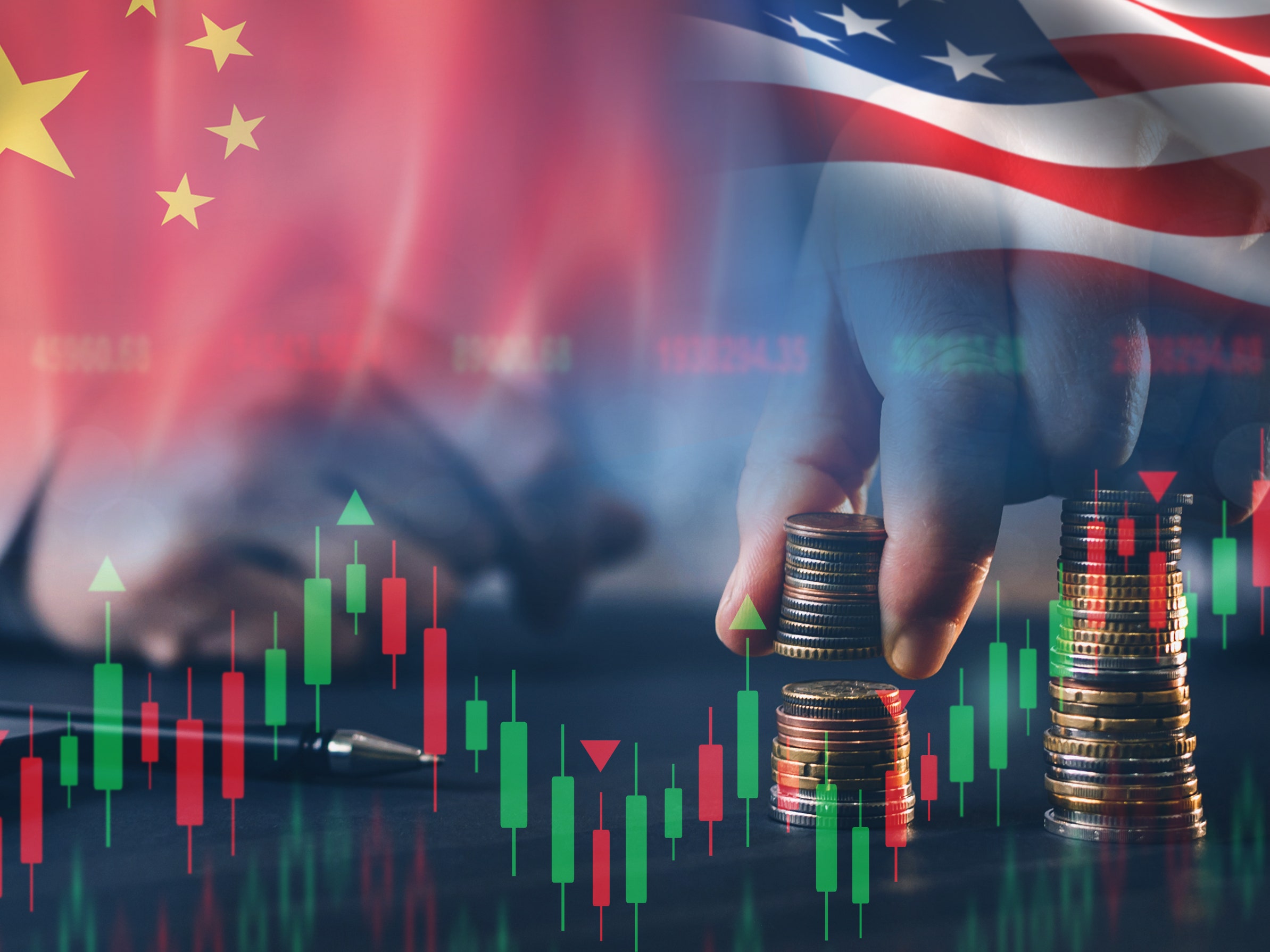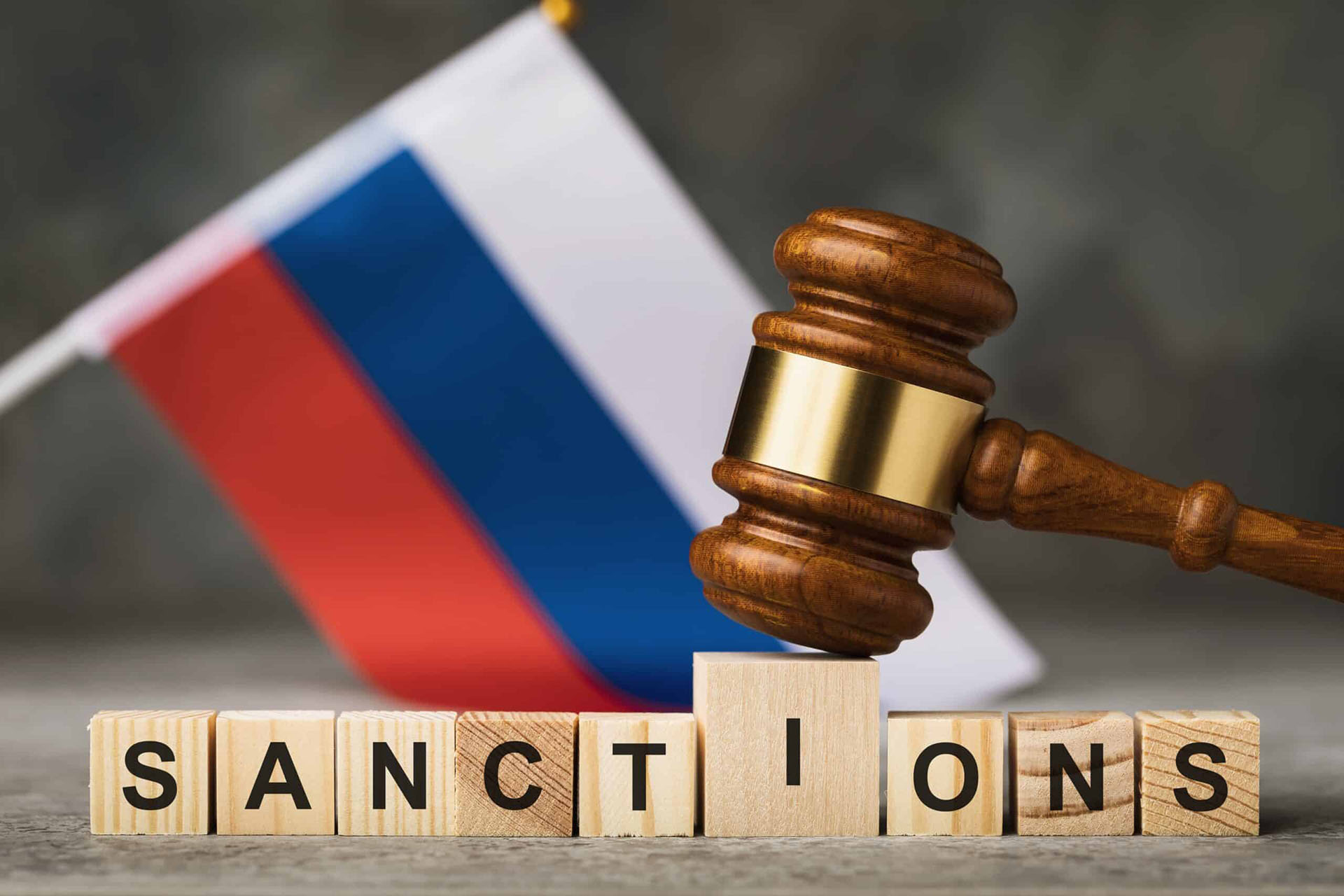In today's interconnected world, economic policies have a significant impact on international relations. From trade agreements to tariffs, the way that nations manage their economies can have a direct impact on the balance of power and global stability. In this blog post, we'll explore the intersection of economic policies and geopolitics and how they shape the world we live in.
One of the most important economic policies in geopolitics is trade. Countries rely on trade to access the resources and markets they need to grow their economies. However, trade can also be a source of tension between nations. For example, countries may impose tariffs on imported goods to protect their own industries, but this can lead to trade wars and economic disruption.
 |
| credit Getty Images |
Another key economic policy in geo politics is monetary policy. This refers to the way that countries manage their money supply and interest rates. Monetary policy can have a significant impact on a nation's economy and can also affect the economies of other countries. For example, a country may devalue its currency to make its exports more competitive, but this can lead to inflation and economic instability.
 |
| Western sanction on Russia credit globsec.org |
Economic sanctions are another important aspect of economic policy in geopolitics. Sanctions are used to pressure countries to change their behavior, such as by restricting trade or freezing assets. Economic sanctions can be a powerful tool for influencing the actions of other nations, but they can also have unintended consequences, such as causing economic hardship for the citizens of the targeted country.
The rise of globalization has also had a significant impact on economic policies in geopolitics. Globalization has made it easier for countries to access markets and resources, but it has also led to increased competition and economic inequality. Additionally, globalization has led to the rise of non-state actors such as multinational corporations, which have their own economic interests that can impact international relations.
 |
| Globalization can transform businesses credit forbes.com |
In conclusion, economic policies play a crucial role in shaping international relations. From trade and monetary policy to sanctions and globalization, understanding the intersection of money and power is essential for anyone interested in geopolitics. It's important to note that economic policies can have both positive and negative impacts on nations, and it's important to consider the long-term effects of these policies.
Comments
Post a Comment